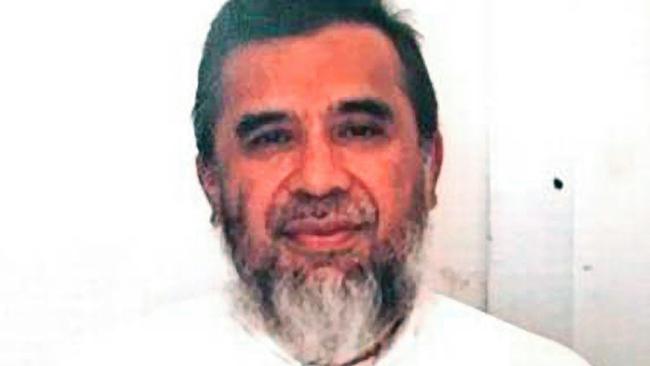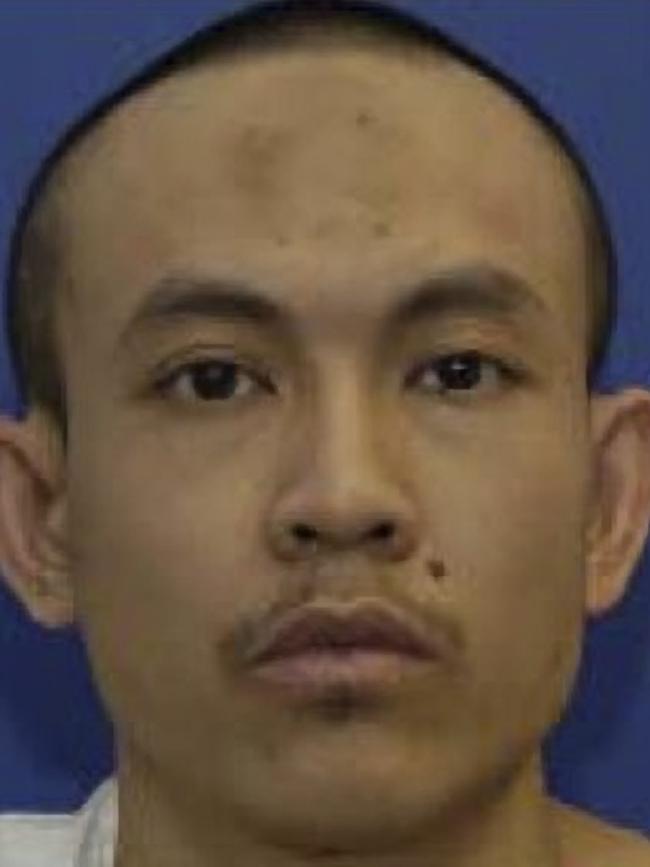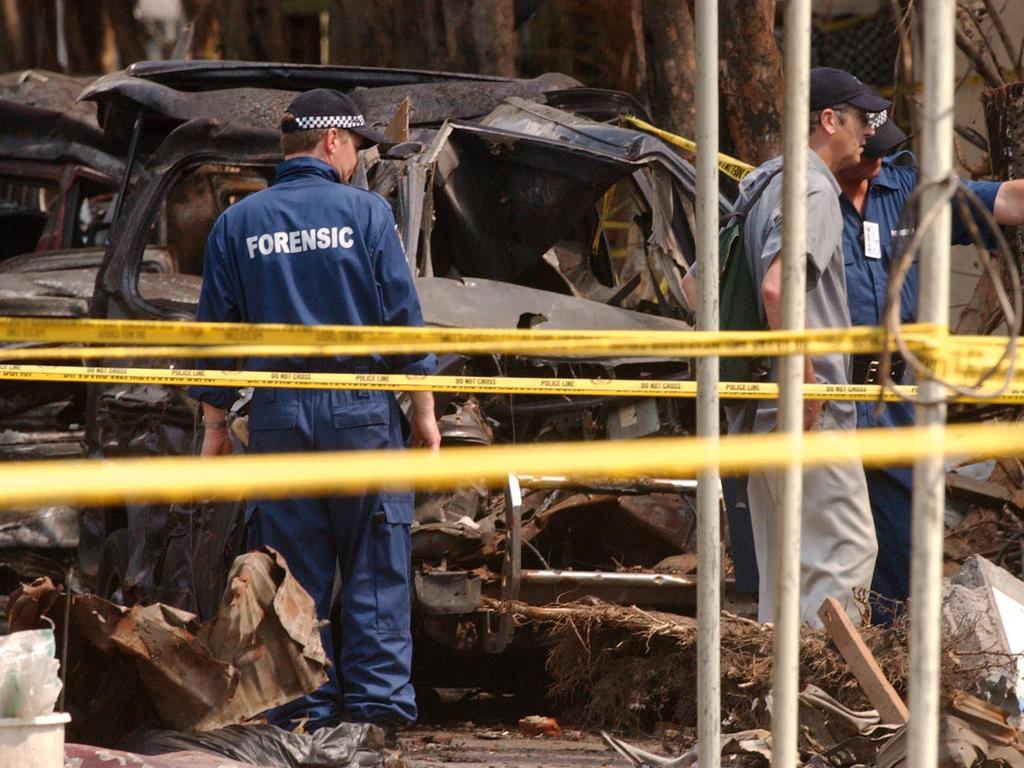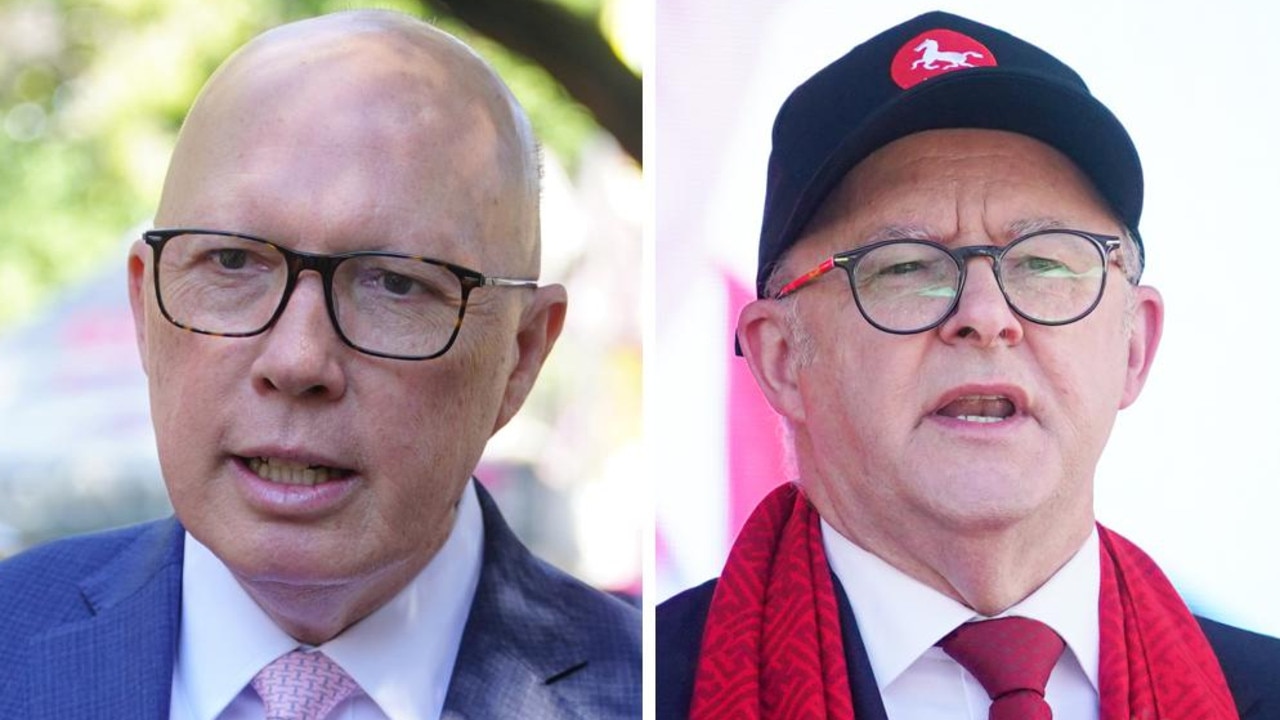Alleged Bali bombing mastermind Hambali could return to Indonesia
Hambali’s repatriation to Indonesia would be an early gift to the second Trump administration which, like successive US governments, will likely look for ways to close down the expensive detention facility.

Indonesia has offered an early gift to the second Trump administration by suggesting it could repatriate notorious alleged Bali bombing mastermind Hambali from his Guantanamo Bay prison after he faces trial on multiple terror charges.
Jakarta’s dramatic shift in position – it has previously said it would not repatriate him – potentially accelerates the long-delayed trial of the former Jemaah Islamiah terror leader who is also suspected of involvement in the September 11 attacks on the US and of financing the Jakarta Marriott Hotel bombing in 2003.
It comes just weeks after the new Prabowo administration repatriated five remaining Bali Nine prisoners to Australia after almost two decades in Indonesian prisons for drug smuggling, and a Filipino death row drug convict to Manila.
Indonesian-born Encep Nurjaman, whose nom de guerre is Hambali, was arrested in Thailand in 2003 – seven months after the country’s deadliest terror strike – and held in CIA black sites before being transferred to Guantanamo Bay in 2006.
Yusril Ihza Mahendra, Indonesia’s co-ordinating minister for law and human rights and the same official responsible for returning the Bali Nine two weeks before Christmas, has said the statute of limitations on Indonesian cases against Hambali had expired.
“No matter what, Hambali is an Indonesian citizen. No matter how wrong he is … we must care for him,” Mr Yusril said.
“The Indonesian government is aware about the sensitivity of this matter and will act carefully.”
Indonesia would discuss the plan to repatriate Hambali with the US government, he added.
Last month, Malaysia repatriated two of its citizens who were arrested alongside Hambali in a US-led operation and also held in Guantanamo Bay prison but who faced a separate trial last year after agreeing to a plea deal.
Mohammed Farik bin Amin and Mohammed Nazir bin Lep pleaded guilty to murder and other charges related to the 2002 twin Bali nightclub bombings which killed 202 people including 88 Australians, and were ultimately given reduced sentences of six years.


They also agreed to give evidence against Hambali in a trial which – after multiple delays – has been rescheduled for March, and to undergo a five-year deradicalisation program.
Hambali’s Indonesian family has previously said they would prefer he face a US military trial where the death penalty has long been taken off the table than face potential execution in Indonesia.
But his younger brother Kankan Abdul Kodir told The Australian his government’s change of heart had given them renewed hope.
“Hopefully this will happen soon. Hopefully after Mr Trump is inaugurated Mr Yusril can go there and meet with them and maybe make work something out,” he said.
“It’s only very recent and being worked on now.
“If Allah permits, he (Hambali) will return to Indonesia and we can reunite here. The important thing is we will meet and be together.”
The family was being briefed by the Muslim Lawyers Team, an Indonesian network of religious lawyers, who had recently met with Mr Yusril, he added.
Hambali is one of only 27 prisoners left in Guantanamo Bay prison which at its peak held some 684 alleged terrorists.
While President Trump signed an executive order in his first term to keep Guantanamo Bay prison open, he later said the $US13 million a year it cost to house each prisoner in the US detention facility in Cuba was “crazy” and he was exploring alternatives.
Jemaah Islamiah was once considered one of Asia’s most deadly terror networks, a sustained crackdown by Indonesian authorities with the active support of the Australian and US governments led last June to senior JI commanders announcing its disbandment.
Indonesia is now considering parole for two of its former leaders and amnesty for its jailed members.





